Nov 07, V7N-Germany's ruling coalition unraveled on Wednesday after Chancellor Olaf Scholz dismissed Finance Minister Christian Lindner of the Free Democrats (FDP), potentially leading to a snap election and political instability in Europe’s largest economy. Scholz now plans to lead a minority government composed of his Social Democrats (SPD) and the Greens, relying on ad hoc parliamentary support. A confidence vote is scheduled for January 15, which, if unsuccessful, could trigger snap elections by March.
Scholz’s firing of Lindner capped months of disagreements over fiscal policy. Scholz accused Lindner of prioritizing party interests and blocking key economic policies amid Germany’s economic struggles, including a prolonged contraction and rising competition from China. Scholz proposed a more interventionist approach, advocating for measures like capping energy costs, supporting Ukraine, and revitalizing Germany's auto industry. Lindner, however, resisted these efforts, emphasizing budget cuts, tax reductions, and adherence to the "debt brake" fiscal constraint enshrined in Germany’s constitution.
The FDP, advocating for fiscal conservatism, proposed limiting public spending and scaling back Germany’s green energy transition, arguing that this would address economic challenges more effectively. Meanwhile, Scholz has sought to boost government spending to tackle Germany's faltering economy. Lindner claimed that Scholz was attempting to pressure him into suspending the debt brake to fund an expanded Ukraine aid package, which he opposed.
This coalition collapse follows the recent U.S. presidential election victory of Donald Trump, adding another layer of complexity as European leaders weigh potential new U.S. tariffs and the stability of NATO. Germany’s political turmoil, along with recent political upheavals in France, raises concerns about stability in the European Union’s two largest economies, which could hinder the bloc’s response to external pressures and its integration efforts.
The coalition's fall may benefit populist parties like the far-right Alternative for Germany (AfD), as frustration grows with mainstream politics. The uncertainty could also hinder Germany’s ability to respond effectively to the challenges it faces, from economic restructuring after the loss of Russian energy supplies to the pressures of military reform.
END/WD/RH/



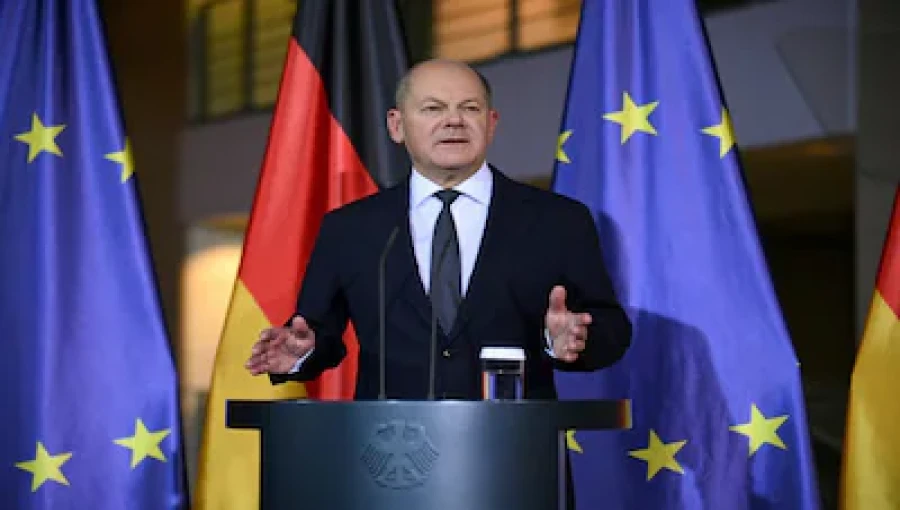

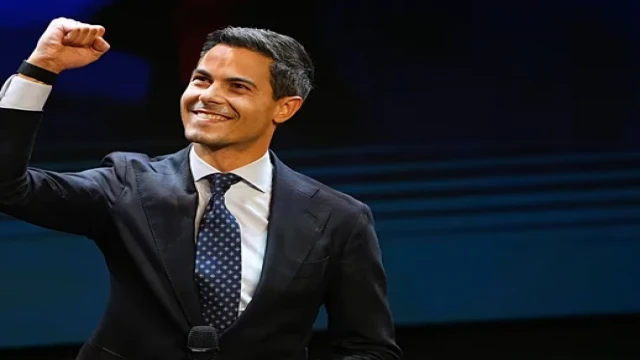



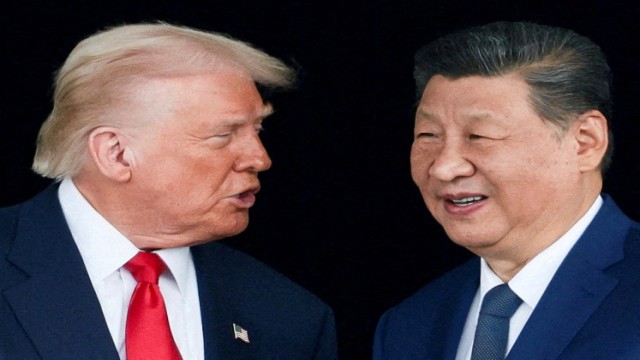


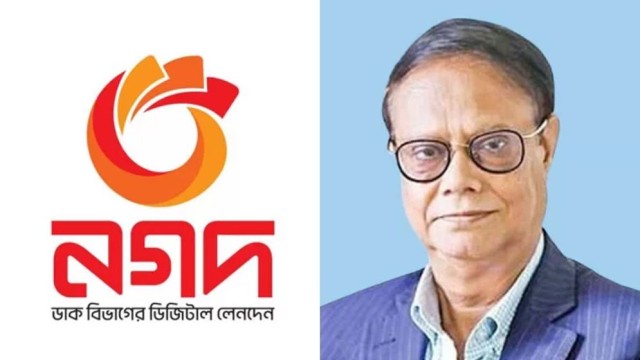

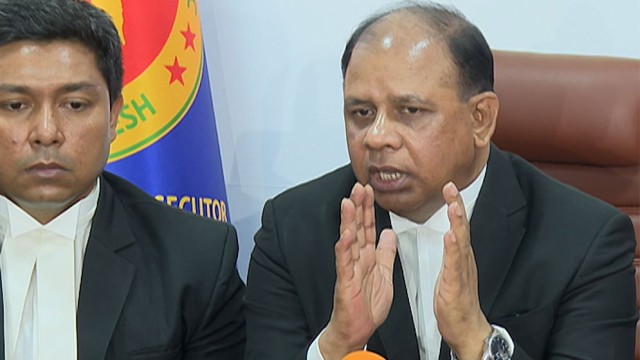


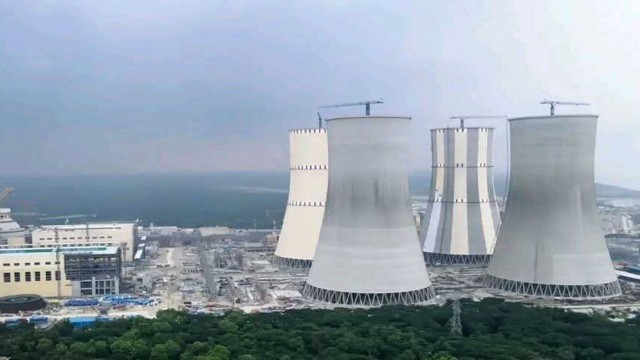
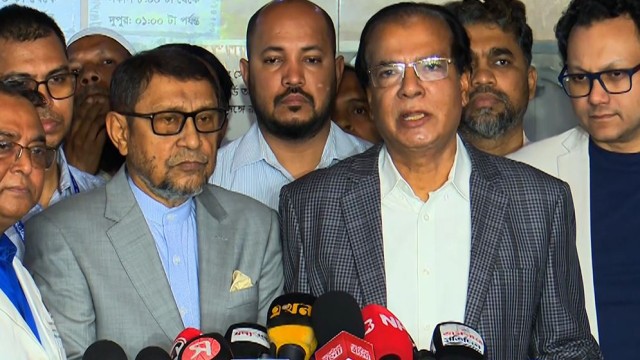
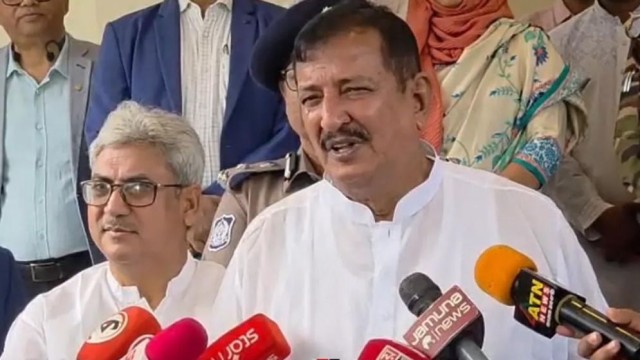











Comment: